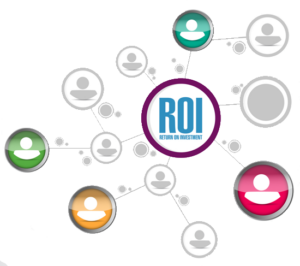Given its effects on human behaviour and motivation, there is strong reason to believe that positive psychology is a key to improving leadership performance.
Still a somewhat new area of psychology – and certainly one that is working to gain wider recognition – positive psychology is nonetheless growing in credibility as organisations around the world explore its potential benefits. In an age where employee engagement at all levels is so crucial, the theory of positive psychology could hold the key to providing workplace feedback in a constructive way.
What does positive psychology achieve?
Pioneered by the University of Pennsylvania’s Martin Seligman, positive psychology does exactly what it says on the cover – advocate the notion that a positive approach focusing on strengths is most beneficial to the human experience. In this light, 360 feedback surveys that focus on a manager’s flaws may actually be more harmful than beneficial, whereas a more positive way of providing feedback builds morale and performance.
Positive psychology isn’t just about papering over the cracks and making sure everyone appears happy, however. Rather, it’s about striking a healthier balance between the good and the not-so-good. According to the University of Pennsylvania’s Positive Psychology Center – where Martin Seligman is director – since its early days as a modern discipline, psychology has focused on identifying and remedying psychological problems. While this has helped people address certain issues they experience and has progressed psychological research, it has focused far too little on “what makes life most worth living.”
Ensure strengths are highlighted
A key purpose of positive psychology in developing people is to make sure that strengths as well as weaknesses are highlighted. Constructive feedback is essential for this, and it can, and should, provide both. Positive psychology doesn’t just ‘brush away’ a person’s weaknesses, as these are also crucial to development. Instead, it puts additional emphasis on the strengths and uses them as a springboard for personal improvement.
Adopting a positive psychology approach to 360 degree feedback
Leaderskill’s 360 degree feedback surveys have positive psychology at their core, pinpointing a participant’s key strengths and using these to guide performance improvement. Instead of criticising their performance or highlighting their flaws, participants are given immediately usable feedback on what they can do more or less of in order to develop into better leaders. This approach sets up a completely different type of development conversation that participants actually look forward to rather than get worried about.








